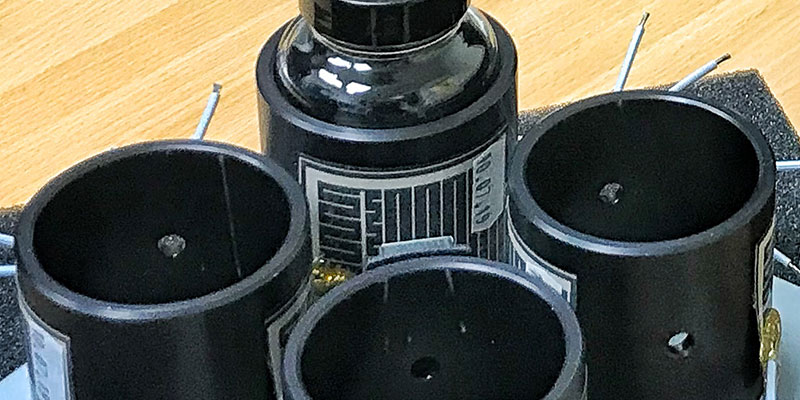
Water quality monitoring project
Vanuatu is an extreme example of a global problem. Across the globe, climate change is set to increase the frequency and intensity of extreme weather events.
The big picture
Research across multiple countries has demonstrated the significant risk of water contamination and diarrhoea following natural disasters and emphasised the need for the rapid implementation of control measures.
While the long-term solutions to these problems are complex, technology has the potential to play a critical role in supporting the delivery of clean water for all. Indeed, the United Nations (UN) suggest that international cooperation and knowledge sharing on science, technology and innovation will be necessary for the achievement of the Sustainable Development Goals (SDGs).
Despite the significant role science and technology can play in the lives of people all over the world, the benefits of technological innovations are often unevenly spread. Participatory approaches to technology development aim to address this failing by embedding communities in the innovation process from the outset, to ensure that technology is developed to meet the needs, skills and context in which a community live.
Developing solutions
Informed by this understanding, we have been working with rural and periurban communities in Vanuatu, in a project whose aim is the collaborative design of new sensor technology for microbial contamination of drinking water.
Working with regional NGOs and with local communities has enabled us to share knowledge about microbial contamination, water sources, water usage and awareness and attitude to technology, and use the emergent shared understanding to specify the requirements for a water quality sensor technology appropriate for use in and by local communities.
Moreover, our participatory approach recognises the importance of social, political and economic context in determining the acceptance, equity and long-term impact of a technology. This allows us to deliver new solutions that are both social and technical, incorporating technical design and institutional arrangements that govern access, use, financing and maintenance of the technology.
